The manner by which Raheel Sharif was made commander of a military alliance with more members than the real NATO underscores the dangerous polarization of the Islamic world between Sunni and Shia and the global conflict between Saudi Arabia and Iran. He’s entered a firestorm, writes Bruce Riedel. This piece was originally published by The Daily Beast.
For months this year, mystery and confusion shrouded General Raheel Sharif, Pakistan’s retired army chief. Would he or would he not be the supreme commander of the multinational Saudi-led “Islamic military alliance” created by Riyadh in 2015. Sharif himself never commented. Then quietly in late April he and his family arrived in Riyadh to take up the job with very little fanfare. His assumption of command raises more questions.
Sharif, 60, retired as Pakistan’s chief of army staff last fall. COAS is the most powerful post there is in Pakistan and the de facto finger on the nuclear trigger. The highlight of his tenure in office was a major crackdown on the Pakistani Taliban, which has plagued the country with horrific terror attacks. The Pakistan army continues to support other terrorist organizations such as Lashkar-e-Taiba and the Haqqani network, but it is at war with the Pakistani Taliban and now with the so-called Islamic State (ISIS) that has created an infrastructure in the country.
The Saudi-led Islamic military alliance now has 41 members. Some Saudi commentators have argued that Pakistan was best prepared to provide a commander for the group because it is the only Muslim country with nuclear weapons. In fact, Pakistan has the fastest growing nuclear arsenal in the world. A military leader who has commanded a nuclear strike force does have credentials unlike any other Muslim general. There is an obvious implication—left unstated of course—about where the alliance could go if it needs a bomb.
Saudi Arabia has depended on Pakistani military support for decades. In the 1980s, thousands of Pakistani troops were deployed in the kingdom, and rumors of a Pakistani promise to provide Saudi Arabia with a deterrent if necessary are decades old. Pakistan has been a charter member of the Islamic military alliance since its inception.
But then Pakistan refused Saudi requests to send troops to join their war in Yemen against the Houthi rebels. In 2015, the Pakistani parliament even voted unanimously against joining the Saudi-led coalition in Yemen; only the extremists such as Lashkar-e-Taiba supported deploying troops to Yemen. It was a shock to the Saudis. Without the Pakistanis the Saudi coalition has far too few capable ground troops. A quagmire ensued to this day.
Appointing Sharif commander of the military alliance would enhance the uncertain credibility of the so-called Arab NATO. The alliance has carried out large scale military exercises in the kingdom, but it has not developed a strong joint command or a headquarters staffed by representatives of its 41 members. Previous Arab and Muslim military alliances have always proved to be hollow shells with much talk and little power.
The uncertainty about Sharif involved controversy inside Pakistan about whether Sharif should take the command at all. Since the Islamic military alliance excludes Iran and Iraq, it is seen as a Sunni entente against the Shiites. The alliance exercises have all been clearly targeting Iran. It is supposed to be an anti-terrorist alliance but it’s real purpose is to combat Iran.
Pakistan’s large Shiite community is opposed to joining a blatantly anti-Iranian alliance, and Sunni Pakistani politicians are also against tilting the country against Iran. Pakistani officials want to maintain cordial relations with both Riyadh and Tehran, as sectarian tensions are already intense and violent in Pakistan. The Pakistani Taliban and ISIS are exploiting the sectarian divide and targeting Shiites. Pakistani Prime Minister Nawaz Sharif (not related to Raheel Sharif) is especially keen to prevent the country from moving away from a balanced approach to the Saudi-Iranian rivalry.
But only days after Sharif arrived in Riyadh the Saudi Defense Minister and Deputy Crown Prince Mohammed bin Salman gave an interview condemning Iran in extremely harsh sectarian terms.
The prince characterized the Islamic Republic of Iran as driven by messianic prophecies and determined to dominate the entire Islamic community. He claimed Iran sought to take control of Mecca from the Kingdom. There was no room for dialogue with Tehran, according to his statement. “We will not wait until the battle is in Saudi Arabia but we will work so the battle is there in Iran and not in Saudi Arabia,” he said. He was vague about what that means, but it suggests he supports regime change in Tehran.
The strident statement of MBS, as the deputy crown prince is called, puts both Sharifs and Pakistan in an awkward position. The Pakistani government has tried to assure Tehran that Sharif’s taking command is not an unfriendly act, but it cannot spin the prince’s statement. Iran has already protested MBS’s comments to the United Nations.
MBS was the driving player in the creation of the alliance in 2015. It’s unclear how Sharif’s appointment impacts the prince. He has yet to comment on the general. Who wanted Sharif to take command of the Kingdom’s alliance inside the Kingdoms ruling family is another mystery.
Gen. Sharif’s assumption of command does help ease lingering Saudi unhappiness about Pakistan’s refusal to join the Yemen war, and clearly some changes are needed in the way that operation is run. Already there are reports that Sharif engineered the recent removal of Saudi Arabia’s own army commander because of his alleged incompetence in the two-year-old quagmire which pits the richest Arab states against the poorest. What further role Sharif will play in Yemen going forward, if any, also is unclear.
The mysterious manner by which Raheel Sharif has been made commander of a military alliance with more members than the real NATO underscores the dangerous polarization of the Islamic world between Sunni and Shia and the global conflict between Saudi Arabia and Iran.
Not for centuries has the Islamic world seen sectarian violence between its two major communities as intense as it is today. A Pakistani general has now apparently stepped into the middle of the firestorm.
The Brookings Institution is committed to quality, independence, and impact.
We are supported by a diverse array of funders. In line with our values and policies, each Brookings publication represents the sole views of its author(s).
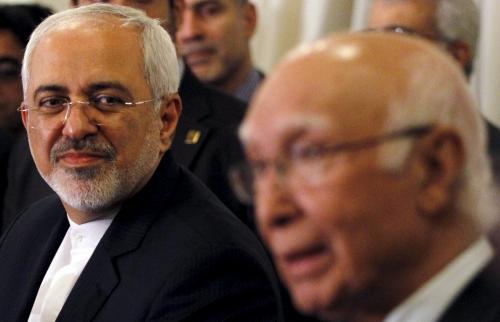
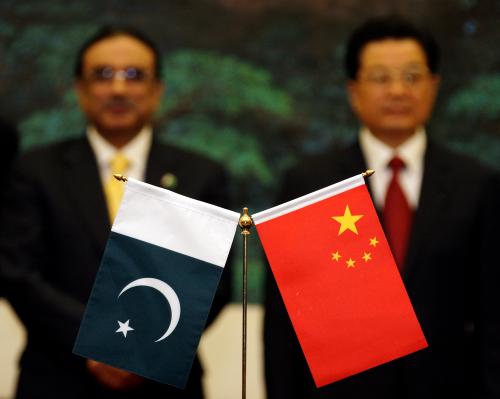
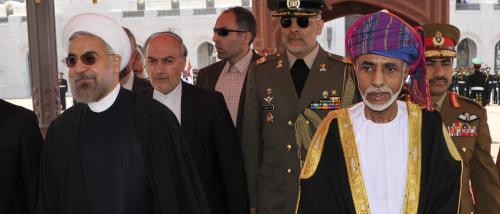


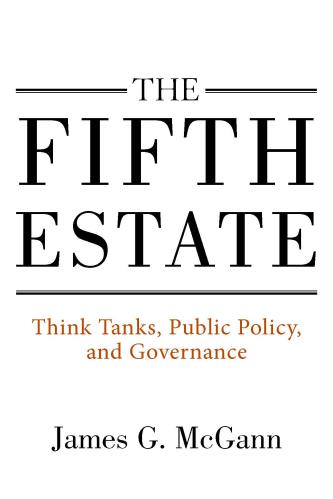


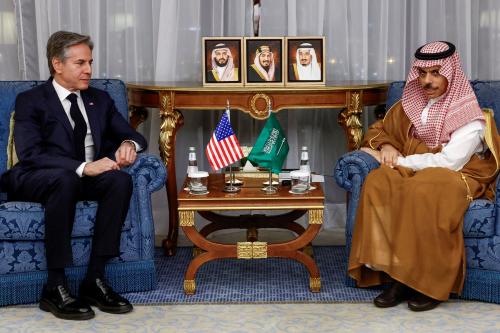

Commentary
Op-edA Pakistani general steps into the middle of the Iran-Saudi firestorm
May 10, 2017